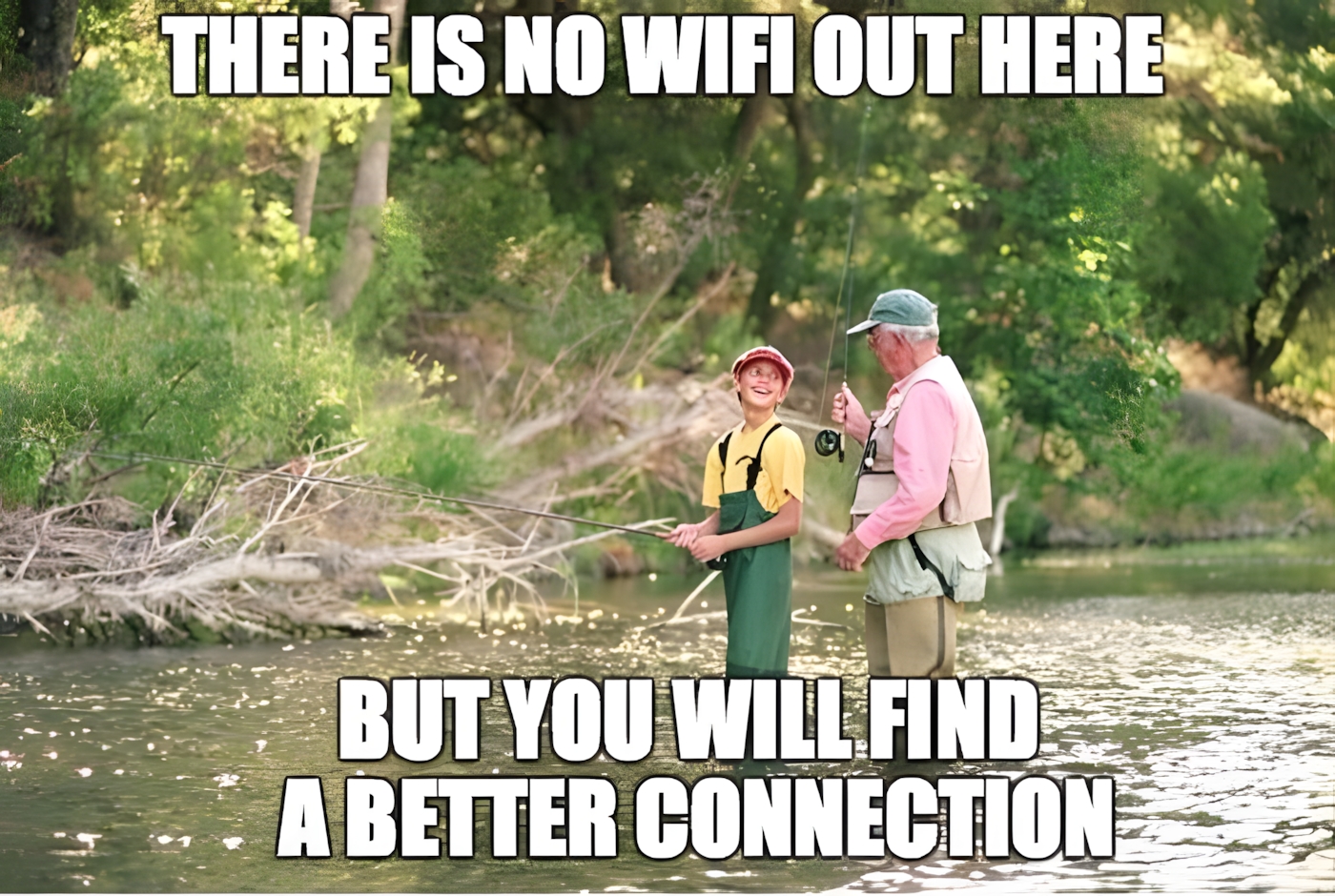You’ve probably heard the whole kerfuffle about Doom Eternal this past week. id Software released a surprise update to the game that included the kernel (“ring 0”) level Denuvo Anti-Cheat tool. Needless to say, many fans, myself included, were not happy. Kernel level software can cause a whole host of problems. Not to mention the security and privacy concerns inherent with any piece of software that has carte blanche access to everything your on your PC.
It’s not so much that id Software chose to include anti-cheat software, or even kernel level anti-cheat software, controversial as it may be. It’s that they chose to release it two months after the game released, completely out of the blue. Many legitimate PC gamers will avoid purchasing games that include these tools over security, ownership, and privacy concerns. So tossing it in after the the game had already made the majority of its sales, and outside the window for returns, feels underhanded.
id Software were quick to address the issue, and said they would remove Denuvo Anti-Cheat in the next update. However, they must have known they were kicking the hornets’ nest. Especially given similar controversies over Ring 0 anti-cheats in Riot’s Valorant. Denuvo, as a company, is already poorly regarded by PC gamers. So it seems like they tried to sneak it in deliberately. While it was disclosed in the patch notes, most Steam users have auto-updates turned on. So it would have downloaded and installed itself without people being able to opt-out. Not to mention the fact that even though the anti-cheat tool can be uninstalled like any other piece of software, doing so would lock players out of both the single and multiplayer modes.
This is just another example of how the games industry’s back door shenanigans are serving to erode consumer trust.
We live in a world where products can be released in an unfinished state, with vague promises it will be patched later. Or, where games can have undesirable changes slipped under the welcome mat when nobody’s watching. Then when people complain, their concerns are brushed aside as “entitled”, or worse, “toxic”. Making matters worse is that this anti-consumer mentality is either ignored, or even egged on by mainstream games journalists. When the gamers do rise up, publishers, developers, and their media flunkies flee like cowards to the safe spaces of deactivated comment sections, false DMCA claims, and digital store fronts that don’t allow user feedback.
This is only going to come back to bite the industry in the ass down the road. Which some publishers have already learned the hard way. Even in the best case scenario, they’re only training customers to wait six months before purchasing games post-launch. Which doesn’t exactly look good when presenting quarterly results to investors.
Of course gamers can be stubborn lot. There’s a certain subset that allows themselves to be abused time and again, while shouting “hit me harder daddy” with each smack to their sensitive areas. But I think even they have their limits. We talked a while ago about how the industry is in its own mini-crash. Largely due to a lack of creativity and the public’s growing irritation at SJW politics being shoehorned into everything. Yet it’s going to be the consumer issues that ultimately lead to their downfall. That’s when governments tend to get involved, as we saw with the loot box debacles a couple years back. We’re at the point now where everyone just assumes the gaming industry is up to no good, and they honestly have plenty of just cause to believe so.
So what can the industry do to fix this issue. Transparency is going to be a big one. No more sneaking around behind peoples’ backs. If you’re going to include something you know might be undesirable, then everything should be fully disclosed at the time of purchase.
Games that aren’t in a reasonably complete state should be clearly labelled as “public beta” or “early access”. Updates should be a allowed to be rolled back or stopped entirely, without completely breaking access to the customer’s game. Especially in the case of single player modes. Finally, all storefronts should have reasonable return policies, including the ability to return games that break or install undesirable software not disclosed at time of purchase, at any point, no matter how many hours played.
Additionally, those working in the industry also need to focus on treating their customers with a professional and customer service oriented manner at all times. Granted id Software did on this occasion, but they’re the exception rather than the rule. One biggest thing fueling mistrust is the general unprofessional behaviour you see coming from many developers and publishers on social media. I’ve worked in retail, and I understand that some customers are dickheads. But that doesn’t excuse you, as an employee, to behave like one too. That doesn’t fly in any other industry except entertainment, for some reason. I’m not quite sure why we keep allowing it to.





